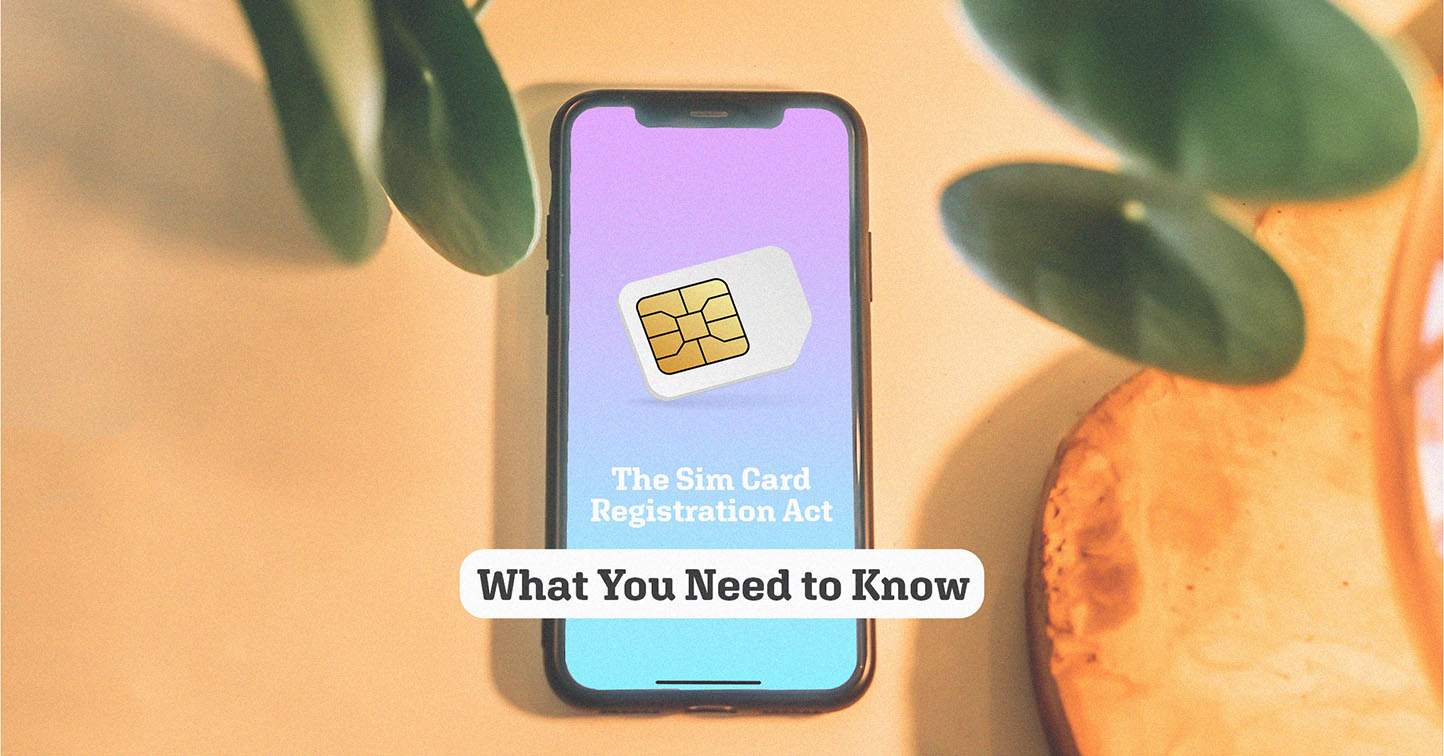Here’s how to comply with it.
On October 20, President Ferdinand “Bongbong” Marcos Jr. signed Republic Act 11931 into law. It’s now known as the SIM Card Registration Law.
It was House Bill No. 14 before it became law. House Speaker (and the President’s cousin) Martin Romualdez was its principal author. Romualdez’s wife, Rep. Yedda Marie Romualdez, co-authored it alongside Rep. Jude Acidre and the President’s son Rep. Ferdinand Alexander “Sandro” Marcos.
The SIM Card Registration Law requires telecommunications companies to build databases of mobile phone SIM cards and their users. These databases will let law enforcement agencies pull up a user’s data to investigate crimes committed using mobile phones. Unscrupulous individuals will no longer be able to hide behind the anonymity of prepaid SIM cards. (Sayonara, spam texts! So long, scammers!)
When the SIM Card Registration Law takes effect, Filipinos need to register new SIM cards with their telco at the point of sale to activate them. No one can buy a SIM card without registering. Those who bought SIM cards before the law took effect need to register within 180 days or six months. Failure to register will result in automatic deactivation. If your SIM card is deactivated, you’ll only be able to reactivate it after completing the registration process.
Privacy concerns
Although significantly reducing spam and scam messages is a noble goal, many are concerned that it can be weaponized against anyone considered enemies of the state, such as activists and journalists. That’s a genuine concern in countries like Brazil, Indonesia, Peru, and Mexico, where similar laws are in effect.
Data breaches are also a cause for concern. In Indonesia, a hacker accessed billions of SIM card registrants’ personal information (e.g., national identity numbers, phone numbers, and telco providers).
Now that the bill has become law, the Marcos administration must work to ensure Filipinos’ safety and security.
How to comply with the SIM Card Registration Law
Whether you have an electronic, prepaid, or postpaid SIM, you need to register it.
Registration is free. Users can register electronically via a platform, website, or any other facility created by your telco. Minors can also register SIM cards for use under the name of their legal guardian or parent. They must also obtain parental consent first.
To register, you must provide your cell phone number, complete address, date of birth, full name, sex, and your SIM card’s serial number. You also need to submit any valid government-issued ID with your name and picture.
Foreigners can also buy and register SIM cards, but they must provide their full name, nationality, passport, and proof of address in the Philippines. They must also submit any of the following: their ACR I-Card, Alien Employment Permit, return ticket (for tourists), school registration and ID (for students), or other pertinent documents. Tourists’ registration will only be valid for 30 days.
RELATED The SIM Card Registration Act may put an end to child cybersex traffickers, scammers
Contact your telco if you lose your SIM card or need to change any of the information you provided when registering. Telcos will also take care of requests for deactivation.
Featured Image Paulo Correa






















